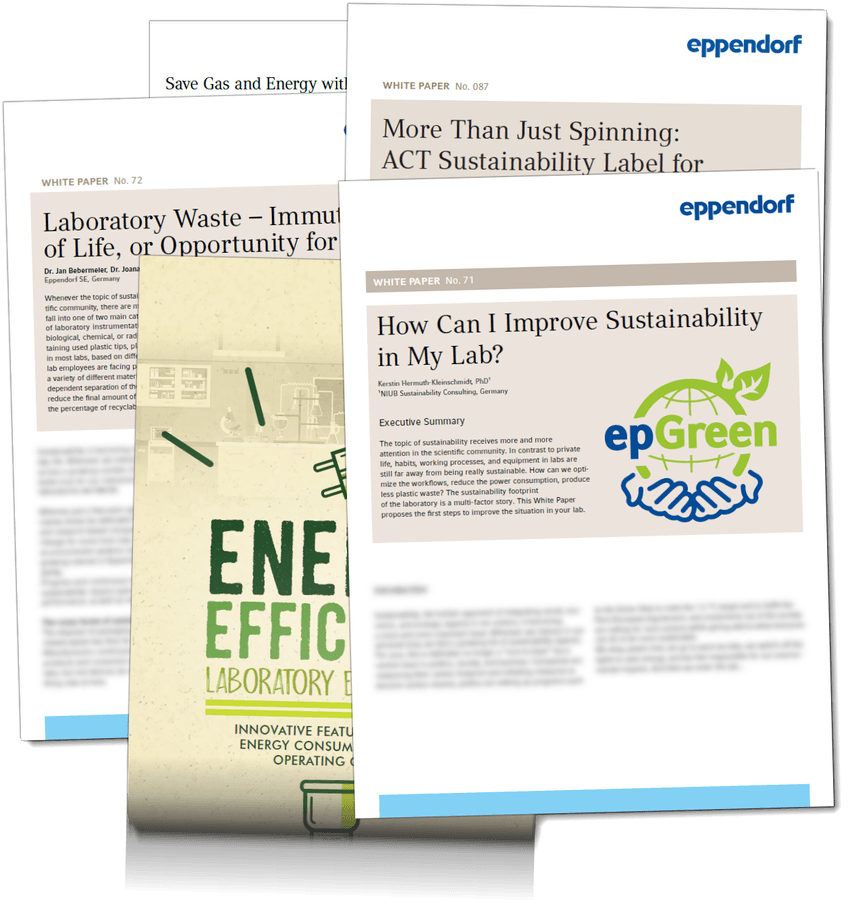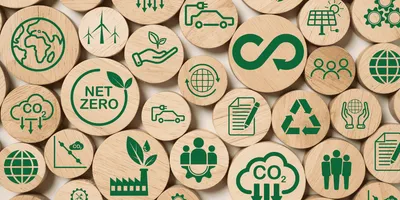Most labs are familiar with the sustainability measures applicable to ultralow temperature freezers or biosafety cabinets, but the benchtop instruments that life science laboratories rely heavily on for day-to-day operations have a substantial cumulative impact as well. With tighter sustainability mandates and rising utility costs, lab managers must identify opportunities for smarter equipment choices, sustainable practices, and informed lifecycle planning for laboratory staples.

This resource compendium focuses on improving sustainability and operational efficiency in benchtop lab equipment, such as CO₂ incubators and centrifuges, with insights into ACT label certification, energy- and gas-saving design features, and practical implementation of green lab initiatives. Whether you're benchmarking your current lab footprint or evaluating options for future procurement, these best practices can help your lab make measurable progress toward both environmental and operational goals.
Access the complete resource collection to:
- Understand how ACT labels, efficient cooling, and green refrigerants impact benchtop instrument sustainability
- Learn strategies for reducing energy and gas consumption in CO₂ incubators through door design, maintenance, and usage patterns
- Understand how centrifuge design and usage protocols affect energy draw, longevity, and lifecycle cost
- Benchmark your lab against current sustainability metrics with real-world examples and improvement frameworks
- Identify actionable steps to minimize laboratory waste and optimize equipment performance without disrupting workflows




